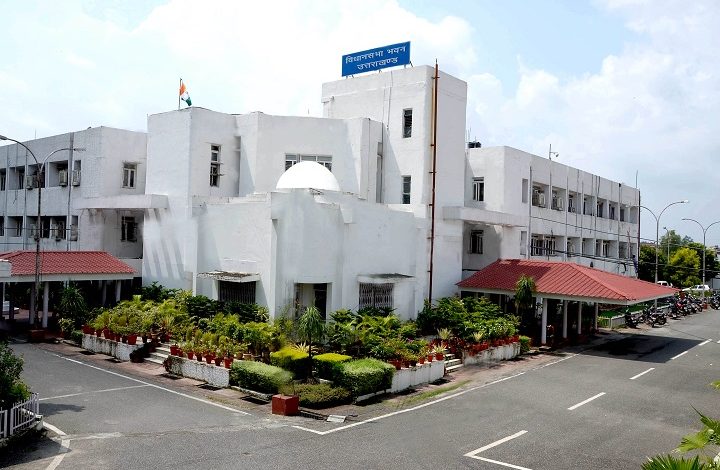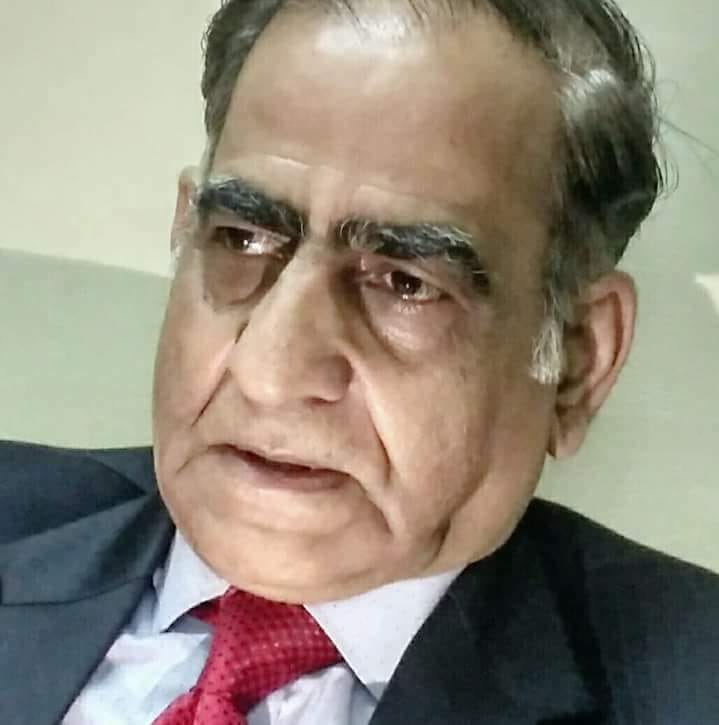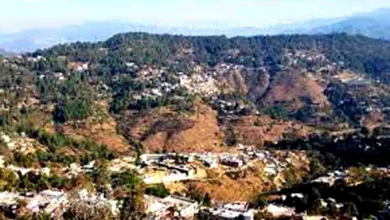GUEST COLUMN : Lack of business or sheer lack of interest on their part ?

 RP NAILWAL
RP NAILWAL
Is it not a matter of great concern that while the members of legislative assembly in Uttarakhand are persistently looking for a sharp increase in their annual Vidhayak Nidhi (annual budgetary grant allotted to MLAs for developmental work), they have precious little time to debate the subjects of prime interests of the State? This despite a handsome salary package along with perks and privileges granted to them as per the rules. This time again the State Assembly session in November ended in just two days reinforcing the belief that the public representatives are hardly interested in focussing on the issues and themes confronting the State. Speaker Ritu Khanduri had no option but to attribute the sudden end of the session to “lack of business”. Over the years, it has been observed that the days of stipulated Assembly sessions have been gradually reduced eventually showing a sheer lack of interest on the part of public representatives to discuss and debate the issues and themes concerning the primary interests of the State. Lesser number of days for the Assembly session means much less scope for open debate between the opposition and treasury benches. This situation has often invited criticism from the members of the public. They point out that while Uttarakhand is a poor State with limited resources, the elected public representatives have been receiving good financial packages. “Compare this compensation with their performance in public interest over the past over two decades ever since the State came into existence”, points out a social activist not wanting to be named, adding, “Given the situation in the State, a regular debate in the Assembly is the need of the hour”. Lesser number of days for Assembly session means much less scope for debate. As per the rule, the State Assembly session should be held for at least 60 days in a year.
It is worthwhile to point it out here that while one can understand the compulsions of the successive ruling parties in Uttarakhand in reducing the debate timeframe on some pretext or the other, the total silence on the part of opposition in this regard raises doubts on whether the ruling party and the opposition are hand in glove in this regard. Incidentally, the only debate between the ruling government and the opposition hogging the headlines revolves around whether the Assembly session should be held in the provisional State capital Dehradun in the plains or in the summer capital Gairsain in the mountains.
There are a number of issues confronting this small State right from its Inception like the need for a strong legislation on the sale and purchase of land like the one in the adjoining Himachal Pradesh, establishment of a powerful Lokayukt, proper redistribution of assets and liabilities with Uttar Pradesh under UP Reorganisation Act, 2000 and food security umbrella etc. The parent State Uttar Pradesh has not shown any flexibility in the division of assets despite the fact that the ruling governments in both the States are of the same political party.
While proper laws on land and Lokayukt are still awaited by the people of the State, there are many ifs and buts in the resolution of division of assets. The appointment of Lokayukt has been hanging fire for long now. The appointment of Lokayukt has been part of pre-poll promises made by political parties right from the beginning.
Ever since the formation of the State, dozens of cases of scandals and corruption have hogged headlines over the years but never ever there has been any serious attempt to bring to fore the findings of so many enquiry commissions that were set up to unearth the truth. Stories about huge land deals, political involvement, contracts, backdoor entries, crime, foreign trips, potable water schemes, false payment bills, irregularities and mismanagement in education, medical and power sectors and so and so forth continue to attract public attention. There is no end to the alarming stories about the grim situation and attempts which are eating into the vitals of the nascent State which was sought to be created on the premises that western hills of the undivided Uttar Pradesh had remained neglected for far too long.
It may take rims of pages to recall and discuss the allegations of corruption in many government departments but will it serve any purpose when such issues are not raised and debated in the state assembly. Will the people of the State ever know why and how such scandals took place and who was to blame for them? Even today the situation is the same with hardly any time with public representatives to focus on the current burning issues. Is it not the primary duty of the political class to fulfill the hopes, aims and aspirations of the distraught people?
I can vividly recall what the situation was like in the mid-eighties and early nineties when I first came to write about the problems and prospects of a neglected region. Poor education and health and road infrastructure in the hills, not to speak of absence of basic facilities often attracted my attention. Post quake scenario in Uttarkashi and Tehri was really an eye opener for me where I was a close witness to the omissions and commissions of both government and non-governmental agencies. This was during my extensive stay and inspection of the quake victims in the rugged terrains. But my regular dispatches from ground zero on the pressing need and neglect of the displaced people sent to my national newspaper did not seem to make any impact on the routine working of the Lucknow administration. Bureaucracy has its own ways. The prolonged neglect apparently triggered Uttarakhand movement and the rest is history.
(The author is a veteran journalist based in Dehradun. Views expressed are personal)






